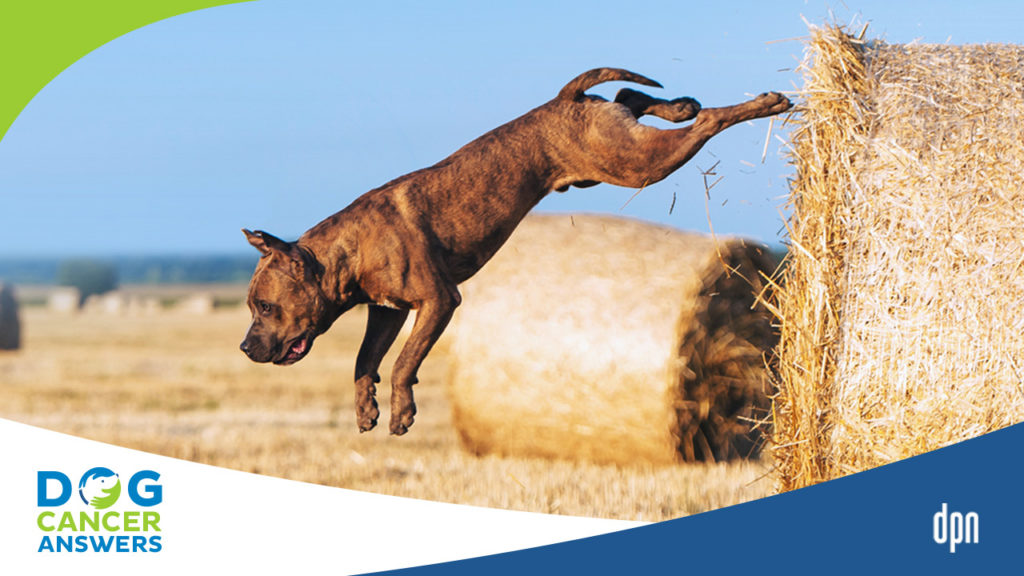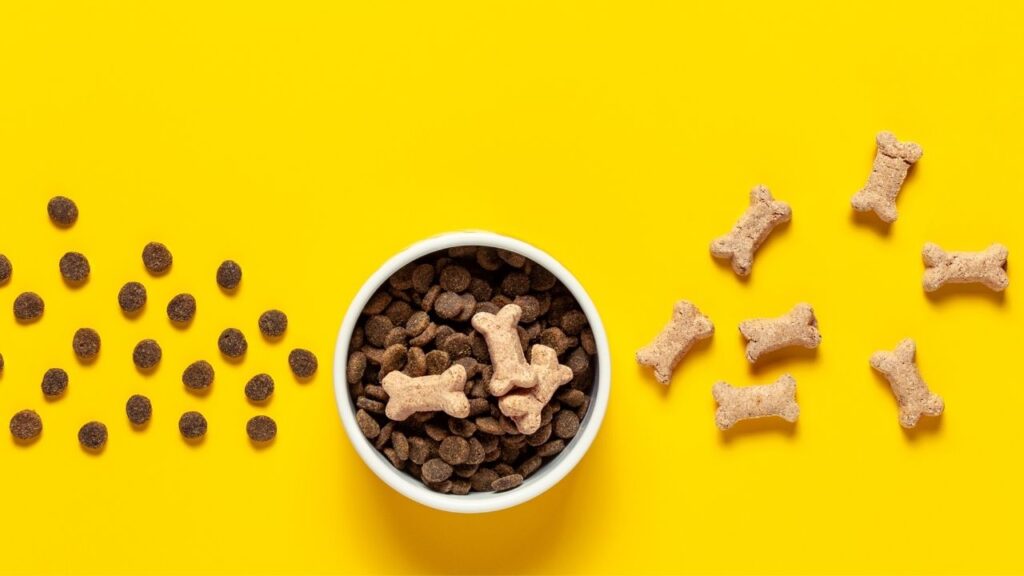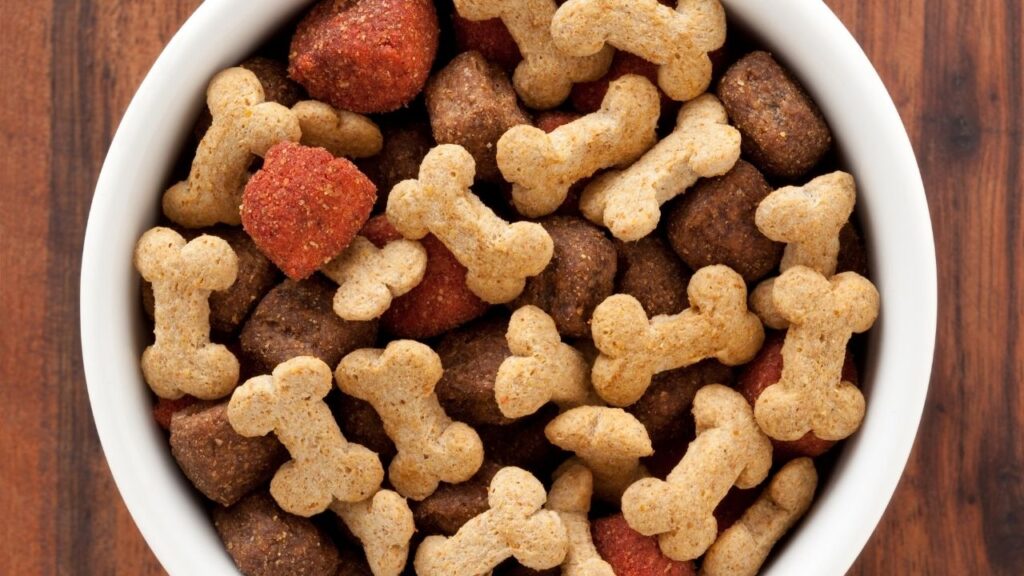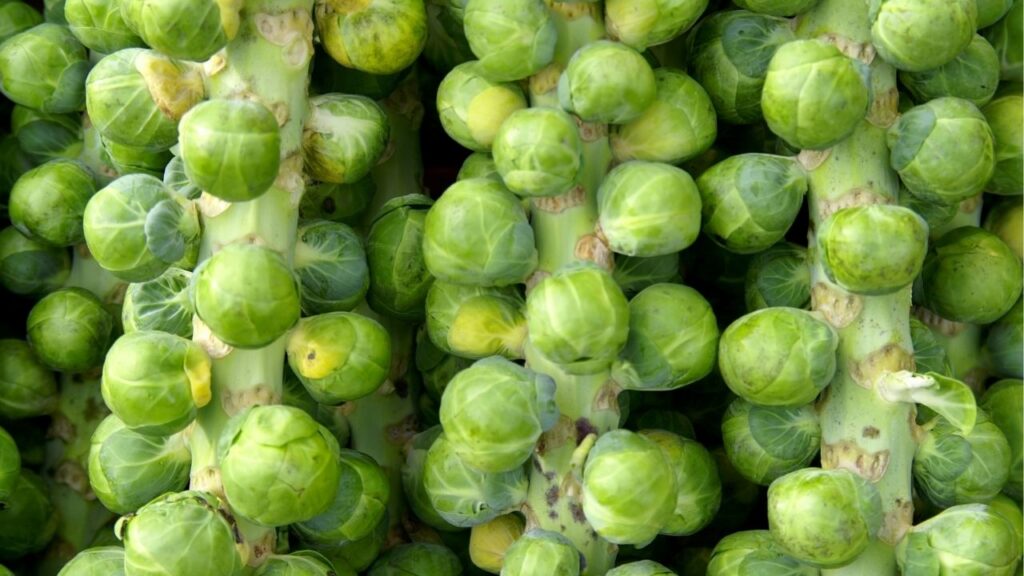Grain free dog food is not necessarily low in carbohydrates, and has been linked to heart disease in dogs. Is it the lack of grain, or the presence of other sources of starch?
Key Takeaways
- Grain free food may not be good for dogs with heart disease. These diets have been connected to dilated cardiomyopathy, and researchers are researching why.
- Grain-free food is not necessarily low-carbohydrate food.
- The problem may not be the lack of grains but the presence of pulses and other starchy sources of carbohydrates.
- Vets do not recommend grain-free dog food because feeding these diets has no proven health benefits.
- Dogs with heart disease should avoid foods that don’t meet their nutritional needs. Look for a complete and balanced diet, and ask your veterinarian about your dog’s specific nutritional needs.
What Exactly is a Grain-Free Diet?
Grain free diets are dog foods that do not contain grains such as corn, rice, wheat, barley, or rye.
These diets became popular in the early 2000’s and were marketed as a healthier way to feed your pet. During that time, they became synonymous with better food as they did not contain “fillers” like corn.
Grain-Free Doesn’t Mean Starch-Free
Starch is needed to make dry dog food. It’s what allows the food to harden into kibble under the intense heat used in the manufacturing process.
So instead of grains, the grain-free diets use potatoes and legumes like lentils, chickpeas, and peas for a starch source.10
The addition of legumes also adds protein, allowing for a reduction in the more expensive animal protein sources.
These kibble grain-free diets are still high in starch, just not from grain. Their protein levels might be the same as other diets, but the protein may come from legumes, and not just animal protein.
Are Grain-Free Diets Causing Heart Disease?
Recently, there has been a lot of controversy around grain free diets as they seem to be linked to a type of heart disease, dilated cardiomyopathy (DCM).
At first, it seemed that DCM was linked to grain-free diets, and the assumption was that it was the lack of grain that might be the culprit. Further research revealed it might not be the lack of grain, but instead, the presence of high levels of pulses (the edible seeds of legumes) and potatoes in these diets. It seems that diets that do include grains, but also have high levels of legumes and potatoes, are also associated with DCM.15
In short, grain free dog foods have not been proven to be healthier than dog foods containing grain.10
There are plenty of grains that are very healthy for you AND your dog such as oatmeal, brown rice, and barley.
Dilated Cardiomyopathy
Dilated cardiomyopathy (DCM) is a type of heart disease that causes the muscular walls of the heart to become stretched out, resulting in cardiac enlargement.
These changes decrease the ability of the heart to pump efficiently and increase the risk of congestive heart failure, arrythmias, and sudden death.5 The underlying cause of DCM is multifactorial and can involve nutrition, infection, and genetics.
Taurine Deficiency and DCM
A deficiency in the amino acid taurine as a cause of DCM has been well documented. Taurine comes from animal protein.
In the early 1980’s it was discovered that low levels of taurine in cat food resulted in DCM. Once this was realized and the amount of taurine in cat food was increased DCM rates in cats dropped.2
Taurine is an essential amino acid in cats, meaning they must get it from their diet. Dogs, however, can use cysteine and methionine to make taurine.5 This difference in physiology is why cats are more susceptible to taurine deficiency than dogs.
Some Dogs May Also Be Pre-Disposed to Taurine Deficiency
Later research found that Golden Retrievers and Cocker Spaniels are also pre-disposed to taurine deficiency related DCM.2 Additional studies suggest that Newfoundlands, English Setters, Saint Bernards, and Irish Wolfhounds may have increased risk for taurine deficiency and DCM as well.
Breeds predisposed to DCM not related to taurine deficiency are Doberman Pinschers, Irish Wolfhounds, Great Danes, and Boxers.5
It was an increase in DCM cases in breeds of dogs not typically prone to DCM that led the FDA to investigate the safety of grain free diets.
What the FDA Found in Their Investigation
The FDA reviewed many case reports including diet and medical history of dogs diagnosed with DCM.
It found that the dogs developing DCM were not of the typical breed to be genetically predisposed. It also noticed they had a common factor: they were all eating similar grain free diets that contained legumes (peas, lentils, chickpeas) or potato (including sweet potato).
Knowing the connection between taurine and DCM, many of these dogs had taurine levels tested. Some came back low. But many dogs had normal levels, suggesting that taurine deficiency was not the cause in all cases.
Most of the Golden Retrievers who had DCM had lower taurine levels, so the FDA found that some breeds might be more at risk.14
After investigating and examining the diets, necropsies, and cases reported, the FDA concluded there is not a clear causation between diet and DCM.11,13
It is likely a multifactorial and complex mechanism, and more research is needed.11,13
You can see the list of the common brands of food, breeds, and ages of dogs affected on the FDA website.11,13
What We Know So Far About Grain Free Dog Food and Heart Disease
The brands fed to dogs with diet-associated reported DCM were most often labeled “grain-free” and typically contain one or more pulses or pulse fractions (e.g., pea protein, fiber, starch) and, to a lesser degree, potatoes and sweet potatoes.8 They tend to be boutique diets.
Several studies have been done in hopes of figuring out the underlying cause of this association.
Golden Retrievers
A review on Golden Retrievers with taurine deficiency and DCM found they were all on novel protein or high legume diets.
They also were all eating below their metabolic energy requirement (meaning, not enough food), which may have been a factor leading to taurine deficiency.
- One theory is that levels are dropping due to how dogs metabolize taurine.4
- Dogs must use taurine to make bile acids and digest food.
- It’s thought that legumes may reduce the availability of taurine precursors, which means dogs can’t make as much taurine from legumes.
Meanwhile, the legume fiber may reduce the absorption of these taurine building blocks.
Small Molecules
Another study looked at metabolomics (study of small molecules) in grain free diets associated with DCM.7 This study looked at the top 16 dog food brands the FDA lists as most associated with dog DCM cases. They analyzed diets with pulses/legumes, peas, and potatoes as a top ingredient, and also examined 9 diets without those ingredients.
The grain-free diets had higher concentrations of 88 compounds, and lower levels of 23 compounds. When they looked at the source foods for these diets, peas showed up most often when it came to higher levels of compounds.
Traditional Diets Vs. Non-Traditional Diets
A follow up study from the same research team looked at dogs with DCM eating traditional diets versus dogs with DCM eating non-traditional diets.8
- Non-traditional was defined as grain-free or containing pulses or potatoes in the top 10 ingredients.
- Traditional was defined as grain-inclusive and no pulses or potatoes in the top 10 ingredients.
They found certain metabolites higher in dogs eating non-traditional diets that may be of interest to study further.8 They couldn’t come to any specific conclusion based on their study, but they noted that, as is so often true, there is no simple answer. This is likely a complex relationship.
- It could be a compound that is only harmful when in combination with other factors.
- It could be a dietary compound is harmless on its own, but it becomes harmful once metabolized in the dog’s body.
- And/or it could be a dietary compound that modulates a pathway involved in heart health.
Good News If Taurine Deficiency Is Found with DCM
The good news is that other studies looking at DCM with taurine deficiency found that these patients did much better than dogs with DCM and no evidence of taurine deficiency.
Diet change and taurine supplementation allowed for improved cardiac function and increased survival time.9
So … What Should I Feed My Dog?
Surprisingly, this is an incredibly complicated question. The pet food industry does not have a great deal of regulation and the nutritional needs of dogs can vary.
A good place to start is feeding food from a reputable company that has a veterinary PhD or boarded nutritionist on staff. You can call and ask them this question!
It is even better if they have done feeding trials of the actual food. The label should have AAFCO approval that states the diet is complete and balanced.
If you want to feed alternative diets such as homemade or raw, please seek guidance from a veterinary nutritionist or a veterinarian well versed in diet formulation.
If you have a dog whose breed has a pre-disposition to taurine deficiency DCM such as a Golden Retriever or Cocker Spaniel, it may be best to avoid grain-free dog food and diets high in legumes, potatoes, or peas until more research has been completed. The evidence is leaning away from a lack of grains being a factor in DCM, and these diets may be low in taurine simply because they substitute legume-based proteins for animal proteins.
And remember that complex grains like brown rice, barley, oatmeal, etc. are not bad for your dog!
My Dog is Eating Grain Free Food. Should I Switch?
As you can see, the data out there is very murky. If your dog is healthy and doing well on a grain free diet and is not a breed with a high risk for taurine deficiency, then you do not have to change diets based on the current data.
That said, if you are concerned and want to be extra cautious, then avoid diets high in legumes, peas, or potatoes.
If your dog has DCM then change the diet to one that does not have the implicated ingredients.
If you have a dog with a genetic predisposition for DCM, it may be best to avoid grain free diets until we know more. Also, talk to your veterinarian about testing your dog’s taurine levels. If you see lower levels, taurine supplementation may help your dog.
Things to Consider
There is not a clear causal relationship between grain free diets and DCM, but there is enough data to suggest further research is warranted, to better understand this complex territory.
There is evidence that taurine deficiency can cause DCM so if you have a breed pre-disposed (see above), avoid diets with the implicated ingredients.
If your dog has been diagnosed with DCM get their taurine levels measured!
Make sure you feed your dog a complete and balanced diet from a reputable company that employs a veterinary nutritionist or consult one to help formulate a homemade diet.
- Bakke AM, Wood J, Salt C, et al. Responses in randomised groups of healthy, adult Labrador retrievers fed grain-free diets with high legume inclusion for 30 days display commonalities with dogs with suspected dilated cardiomyopathy [published correction appears in BMC Vet Res. 2022 May 17;18(1):185]. BMC Vet Res. 2022;18(1):157. Published 2022 Apr 28. doi:10.1186/s12917-022-03264-x
- Freeman LM, Stern JA, Fries R, Adin DB, Rush JE. Diet-associated dilated cardiomyopathy in dogs: what do we know?. J Am Vet Med Assoc. 2018;253(11):1390-1394. doi:10.2460/javma.253.11.1390
- Freid KJ, Freeman LM, Rush JE, et al. Retrospective study of dilated cardiomyopathy in dogs. J Vet Intern Med. 2021;35(1):58-67. doi:10.1111/jvim.15972
- Kaplan JL, Stern JA, Fascetti AJ, et al. Taurine deficiency and dilated cardiomyopathy in golden retrievers fed commercial diets [published correction appears in PLoS One. 2018 Dec 31;13(12):e0210233]. PLoS One. 2018;13(12):e0209112. Published 2018 Dec 13. doi:10.1371/journal.pone.0209112
- McCauley SR, Clark SD, Quest BW, Streeter RM, Oxford EM. Review of canine dilated cardiomyopathy in the wake of diet-associated concerns [published correction appears in J Anim Sci. 2020 Jul 1;98(7):]. J Anim Sci. 2020;98(6):skaa155. doi:10.1093/jas/skaa155
- Quest BW, Leach SB, Garimella S, Konie A, Clark SD. Incidence of canine dilated cardiomyopathy diagnosed at referral institutes and grain-free pet food store sales: A retrospective survey. Frontiers in Animal Science. 2022;3. doi:10.3389/fanim.2022.846227
- Smith CE, Parnell LD, Lai CQ, et al. Metabolomic profiling in dogs with dilated cardiomyopathy eating non-traditional or traditional diets and in healthy controls. Sci Rep. 2022;12(1):22585. Published 2022 Dec 30. doi:10.1038/s41598-022-26322-8
- Smith CE, Parnell LD, Lai CQ, Rush JE, Freeman LM. Investigation of diets associated with dilated cardiomyopathy in dogs using foodomics analysis. Sci Rep. 2021;11(1):15881. Published 2021 Aug 5. doi:10.1038/s41598-021-94464-2
- Walker AL, DeFrancesco TC, Bonagura JD, et al. Association of diet with clinical outcomes in dogs with dilated cardiomyopathy and congestive heart failure. J Vet Cardiol. 2022;40:99-109. doi:10.1016/j.jvc.2021.02.001
- Team CN. Grain-free diets – big on marketing, small on truth. Clinical Nutrition Service at Cummings School. https://vetnutrition.tufts.edu/2016/06/grain-free-diets-big-on-marketing-small-on-truth/. Published September 30, 2016. Accessed January 19, 2023.
- FDA investigates potential link between Diet & Heart Disease In Dogs. U.S. Food and Drug Administration. https://www.fda.gov/animal-veterinary/outbreaks-and-advisories/fda-investigation-potential-link-between-certain-diets-and-canine-dilated-cardiomyopathy. Accessed January 19, 2023.
- New clues to diet-associated DCM in dogs. AAHA. https://www.aaha.org/publications/newstat/articles/2021-08/new-clues-to-diet-associated-dcm-in-dogs/. Accessed January 19, 2023.
- FDA’s work on potential causes of non-hereditary DCM in dogs. U.S. Food and Drug Administration. https://www.fda.gov/animal-veterinary/animal-health-literacy/questions-answers-fdas-work-potential-causes-non-hereditary-dcm-dogs. Accessed January 19, 2023.
- Freeman L. Diet-associated DCM: Research update. Clinical Nutrition Service at Cummings School. https://vetnutrition.tufts.edu/2021/09/diet-associated-dcm-research-update/. Published September 3, 2021. Accessed April 17, 2023.
- Freeman LM. Diet-associated dilated cardiomyopathy: The cause is not yet known but it hasn’t gone away. Clinical Nutrition Service at Cummings School. https://vetnutrition.tufts.edu/2023/02/diet-associated-dilated-cardiomyopathy-the-cause-is-not-yet-known-but-it-hasnt-gone-away/. Published February 7, 2023. Accessed May 3, 2023.
Topics
Did You Find This Helpful? Share It with Your Pack!
Use the buttons to share what you learned on social media, download a PDF, print this out, or email it to your veterinarian.






